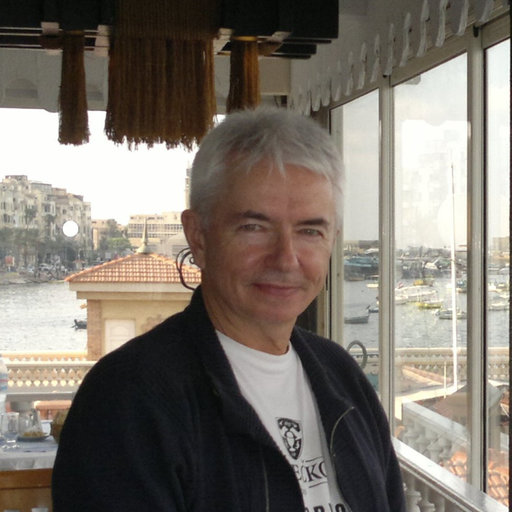Speakers
 Dr Eugene Shubnikov
Dr Eugene Shubnikov
Researcher, Novosibirsk- Russia
Biography:
Eugene Shubnikov, MD, Researcher from Novosibirsk, Russia. Graduated from Novosibirsk Medical Institute, Novosibirsk, Russia. Researcher at Institute of Internal Medicine (Novosibirsk, Russia) since 1986. Responsible executor of WHO "DIAMOND" program, (Type I diabetes mellitus among children - multinational survey). Participant of International Projects as WHO "CINDI" Program (prevention of non-communicable diseases) and WHO "Monica" Program (Risk factors for cardiovascular diseases). Responsible executor of USSR\CANADA Project "The Epidemiology and Prevention of Chronic non-communicable diseases among the native population of the North", investigator of Alaska-Siberia Medical Project (Chronic diseases among native population). Developer of Internet prevention program for FSU countries and the Global Free Library of Lectures at Internet - Supercourse project www.pitt.edu/~super1. Developer of projects with The Library of Alexandria: Science Supercourse Project - http://ssc.bibalex.org/home/list.jsf, Bibliotheca Alexandrina (BA) African Networks - http://afn.bibalex.org/GeneralPortal.aspx, Research Methods Library of Alexandria -http://ssc.bibalex.org/helpdesk/introduction.jsf. Lecturer of an Introduction to Research Methods in the Era of the Internet Workshop, Kazakhstan - http://www.pitt.edu/~super1/CentralAsia/workshop.htm.
"Russian statistical training, Building the largest scientific network"
Thirty years ago word “epidemiology” in Russia was related only to infectious diseases while an epidemic of non-communicable diseases already began. Moreover outstanding statistical facilities were rarely used in the health projects in Former Soviet Union (FSU) countries. My collaboration with Pittsburgh began with the WHO Multinational Project for Childhood diabetes (Novosibirsk was only center for Russian Federation). Following this we began a project on the application of the Internet to Global Health and Science (Internet prevention program for FSU countries) which gave us possibility to create Russian language library of health and statistical lectures (currently we have 153 original and 78 translated lectures in Russian) and create network among scientists from all FSU countries. USSR and Russian libraries always had good interlibrary loan system. By establishing the largest research methods books library in the World at the Library of Alexandria and electronic interlibrary loan, scientists in Russia and FSU will be able to have access to most research methods books. This will be great help for getting knowledge in epidemiology and statistics together with other training programs in statistics available in Russia and FSU countries. There is a need to expand statistical lectures collection in Russian as well.